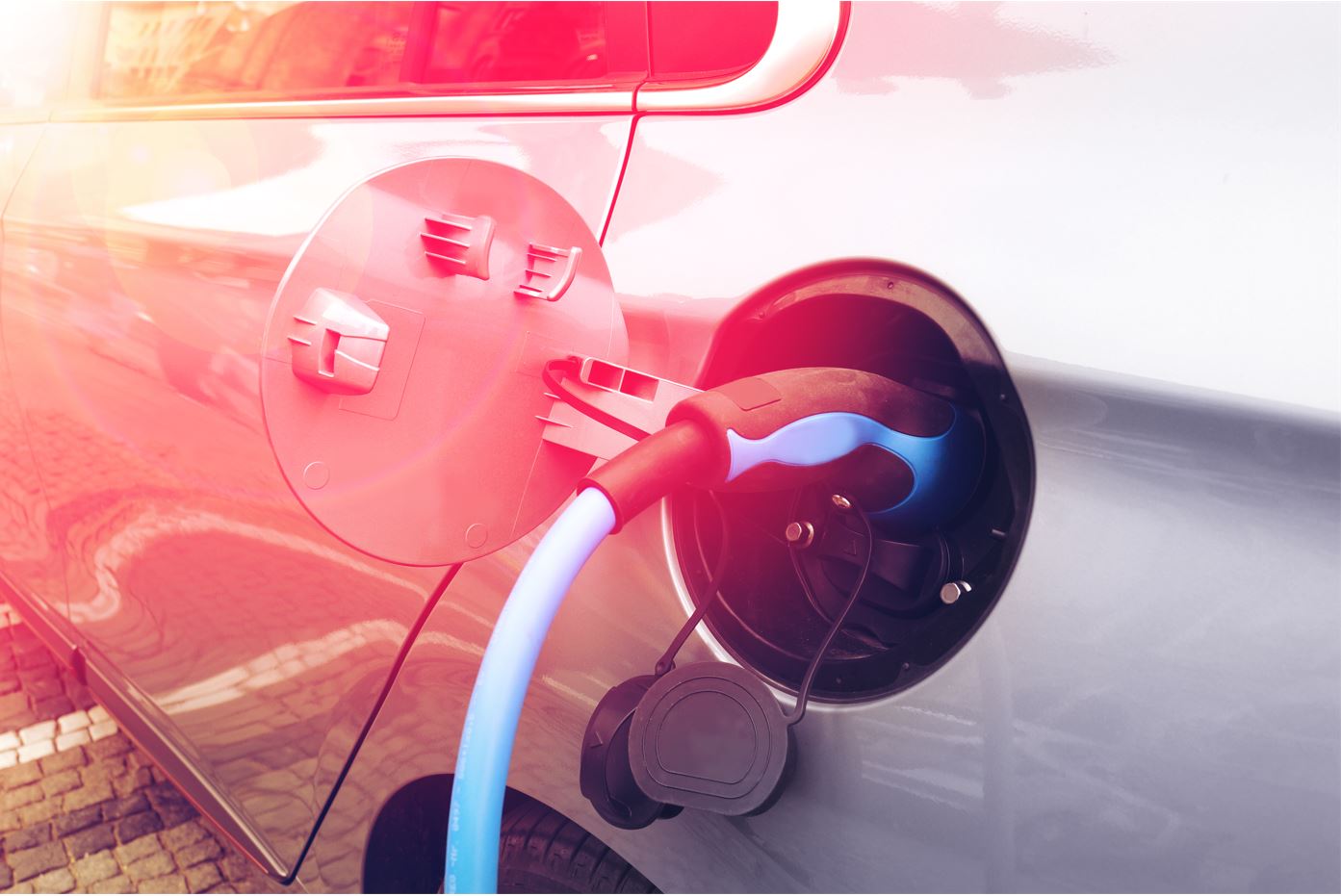The Energy Transition | ESO targets go live date of 1 January 2025 for transmission system reforms
Published on 11th December 2023
Welcome to our top picks of the latest energy regulatory and market developments in the UK's transition to net zero

This week we look at the ESO's ambitious go-live target date for transmission system reforms, local energy transition funding announcements, new rooftop solar rules, a roundup of COP28 developments and more.
1. The ESO announces ambitious go-live target date
National Grid Electricity System Operator (NG ESO) has published its Connections Reform: Summary of Final Recommendations which sets out plans for reforming the UK's transmission system.
The proposals are in response to the recent delays, challenges and pressures felt by stakeholders across the energy industry. As we have previously reported, a lack of timely grid connections have frustrated the progress and bankability of many projects across the UK, with approximately 420GW of generation projects currently seeking to connect. These problems are symptomatic of the fact that the regulatory and industrial transmission framework is outdated and struggling to keep pace with the growth of the energy sector.
NG ESO's proposed overhaul seeks to better coordinate and future-proof the connections process. An integral part of this is the need to improve the efficiency of the connections queue. The go-live date for the "first ready, first connected" reform is 1 January 2025. As part of assessing the "first ready" projects, there will now be an early application window, 'Letter of Authority' requirements regarding land rights and two subsequent gates (milestones), which together will order potential projects and identify priority projects. Other initiatives are also included in the plans, such as the establishment of the Connections Process Advisory Group (CPAG) which will provide oversight and, according to the Report, will “enable industry to steer the detailed process design and code modifications within the parameters set out in our final recommendations”.
As noted by NG ESO in the report, “[t]he 1 January 2025 proposed go-live date is challenging, but achievable with substantial input and commitment from delivery bodies and industry, particularly those involved in CPAG and code modification work groups. We look forward to working collaboratively with industry to deliver changes robustly and at pace.”
Northern Powergrid has already announced that it is the first distribution network operator (DNO) to issue revised connection offers in order to accelerate the connection of projects that are ready and waiting. Fundamental to these revised offers is the management and acceptance of delegated technical limits agreed between the DNO and generators.
2. Local energy transition projects set for £19 million government funding boost
The UK government has pledged £19 million to three pilot local authority projects aimed at encouraging other local councils to support inward investment into proposed net zero power projects.
Of the total allocated funding, £10 million has been ringfenced for the West Midlands Combined Authority, £7 million has been granted to Greater Manchester Combined Authority and £2 million will go to the York and North Yorkshire Combined Authority.
Together forming the "Local Net Zero Accelerator Programme", this scheme is expected to help combined authorities deliver green initiatives which range from increasing net zero transport links to retrofitting homes and installing rooftop solar photovoltaic panels. It will be for the combined authorities to decide exactly how this funding will be allocated.
As each of these projects operates under the Local Net Zero Accelerator Programme, the injection of private funding into these projects is more straightforward, as investors will only have to invest within a single government initiative, rather than across a range of local councils. The government hopes that this factor could encourage more private backing of these projects.
Minister for Energy Efficiency and Green Finance, Lord Callanan, said: "these pilots will help combined authorities to unlock private sector investment that they can spend on green projects they see fit locally, whether that be retrofitting housing or investing in green public transport networks – all while supporting skilled jobs, building out supply chains and growing our economy."
3. Ministers extend fast track planning rules for rooftop solar
Fast track planning rules have been extended to the installation of rooftop solar panels. These reforms will mean more homeowners and businesses can instal solar panels without requiring planning permission.
Current rules which require planning permission for businesses wishing to instal solar panels which generate more than 1MW of power have been scrapped. Also, panels will be able to be installed in canopies above car parks so long as they are at least 10 metres away from people's homes.
These changes have been welcomed by the solar panel industry. Solar Energy UK Chief Executive Chris Hewett said: “The potential of installing solar power on large commercial rooftops is vast, its prospective capacity having been estimated at 15 gigawatts across the country. So eliminating one of the stumbling blocks on the way to fulfilling that opportunity is extremely welcome, helping to make British businesses more competitive by slashing energy bills, bolstering the economy and pushing us further towards net zero.”
4. COP 28 roundup
COP28 kicked off on 1 December 2023 in Dubai, with a number of new commitments from the UK and other countries emerging from the discussions. The UK has, along with 117 other countries, signed the Global Renewables and Energy Efficiency Pledge, which promises to treble renewable energy to 11TW by 2030. This follows the release of the International Energy Agency's recent flagship World Energy Outlook report, which warned that global renewable energy capacity would need to increase threefold to keep alive the possibility of limiting global warming to 1.5°C.
As part of COP28, the UK government announced funding of £140 million to support developing countries progress towards net zero by strengthening access to affordable renewable energy. It is hoped this funding could provide clean energy for up to 8.7 million people, create 25,000 jobs in clean energy industries across Africa, Asia and Latin America and cut Co2 emissions by at least 800,000 tonnes.
The Department for Transport also announced the launch of a £70 million scheme to boost the number of ultra-rapid charge points at motorway service stations for zero-emission vehicles. The pilot scheme will see boosted electrical network capacity at 10 trial sites across England and will be delivered by National Highways. The scheme seeks to encourage confidence in consumers to choose zero-emission vehicles and enable the private sector to continue to expand the charging network. This announcement comes after the government's Zero Emissions Vehicle mandate was given the green light by Parliament, and is now set to come into force on 1 January 2024. As we have previously reported, this requires auto manufacturers to ensure 22% of cars sold in the UK next year generate no tailpipe emissions, rising to 33% in 2026, and 52% in 2028.
5. Ofgem proposes additional protections for business customers
On Thursday, Ofgem published a set of proposals to expand protections for business energy customers. Ofgem has begun a statutory consultation on the measures which are intended to improve levels of service to businesses and clarify costs which are being paid to third party energy brokers. Businesses have been asking for more support on energy issues from Ofgem and the proposed measures come after sustained engagement between the regulator and industry.
The proposals are to:
- expand Standards of Conduct rules to all businesses as currently only micro-businesses are protected. This will give Ofgem power to take action if an energy supplier fails in its service to business customers, regardless of their size;
- expand transparency rules so that consumers can see what they are paying third party intermediaries such as energy brokers. Ofgem hopes that this increased visibility will lead to better deals for customers; and
- extend the requirement for energy suppliers to show their customers the costs of using a broker to all customers, not just micro-businesses.
Tim Jarvis, Director of Markets for Ofgem, said: “Businesses are no different from any energy customer and should be able to expect excellent service and fair prices. However, we have heard from too many businesses, particularly small and medium sized ones, that this isn’t always the case….Today’s proposals will ensure better deals, better protection and more clarity for businesses - so they have the best chance of thriving at this difficult time.”
This week's article was written with the assistance of Yasmin Howes, Projects Associate, Johnny Hartrick, Madeleine Begg and Jack Duffy, Trainee Solicitors.




